World Earth Day: Five ways to eat well whilst looking after the planet
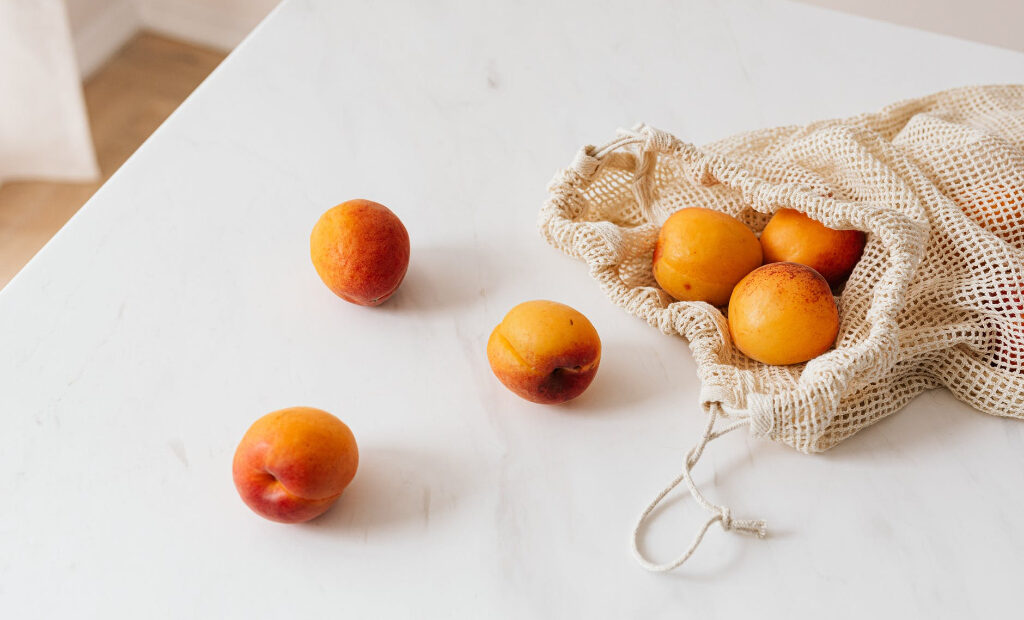
It’s World Earth Day again, and we have had more free time than ever this past year to reflect upon our impact on the planet. While the hospitality industry is undoubtedly playing a significant part in the environmental revolution, focusing more on sustainability and seasonal produce, there are also any ways in which we can create change through our individual choices as consumers. Here are five top tips for eating well with minimal environmental costs.
Dowload Food Waste Apps
If you ever wanted an easy way to feel virtuous, it’s by downloading one of an increasing number of food waste apps. This is an incredibly simple idea based on the age old saying that one man’s trash is another man’s treasure. In this case, one person’s leftovers are another person’s banquet. Both Too Good to Go and Karma work by connecting you with your local restaurants so you can sweep up the dishes that would have been squandered at the end of the night. Olio, on the other hand, was created to help people share their own leftovers – this can be anything from a pack of lentils to half a loaf of bread. The app is easy to download and you would be surprised how many people are willing to be resourceful with something that was headed for the bin.
Check your labels carefully
It’s always worth checking the back of everything you buy to make sure the product meets the highest environmental and ethical standards. Always look out for certified logos such as Fair Trade, signifying the protection of farmers and workers in developing countries; Freedom Food, which assures animal welfare; RSPO, which ensures the sustainable use of palm oil; and MSC and ASC, signifiers of sustainably caught seafood; as well as the fairly self-explanatory Rainforest Alliance. Buying responsibly is all about quality, so be prepared to spend a little more in some areas of your shopping list in order to contribute to long-term development.
Moderate your meat consumption
It’s no secret that the meat industry are responsible for significant C02 emissions, however it’s also true that going cold turkey might not be either a practical or necessary solution, which is perhaps why the flexitarian option has become the most popular trend. It’s not necessary to cut out meat entirely to make a difference – something as small as reducing your regular intake by going veggie a few days a week could make a real impact. When it comes to selecting plant-based produce, there are now seemingly endless options – if you are struggling to decide, we recommend an incredibly convincing Beyond Meat burger for your BBQ. And while you are spending more money on ethical labels, you will also save by switching to vegetables.
Choose your packaging wisely
It’s also easy to forget that the packaging your food comes in can be just as harmful as the product. Avoid excessively packaged items or those that are non-recyclable. If possible, opt for those with biodegradable packaging, which has become increasingly common thanks to brands such as vegware. An even better option is to forgo the plastic or cardboard altogether, so where possible with loose items such as fruit and veg, bring your own bags to the supermarket or greengrocers.
Do your research
Of course, certain brands are better than others when it comes to responsible production. Go for companies who are driven by an ethical ethos, or who contribute towards environmental causes. For example, Old Pulteney has partnered with mixologist Pritesh Mody to create a limited-edition pre-mixed seaweed cocktail in celebration of World Earth Day. From today, the Coastal Boulevardier will be available for pre-order on World of Zing with delivery across the UK and 10% of all sales going to SeaTrees, a kelp restoration non-profit committed to building a more sustainable future for our oceans and planet.
The editorial unit


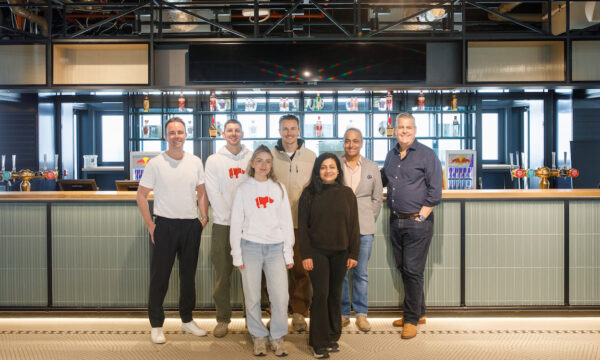

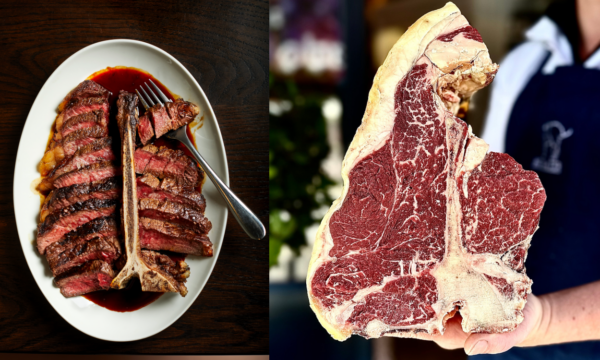
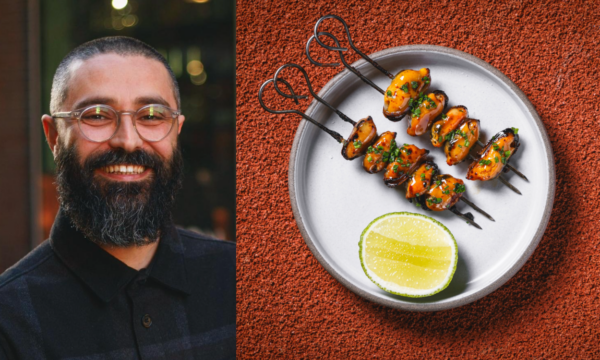



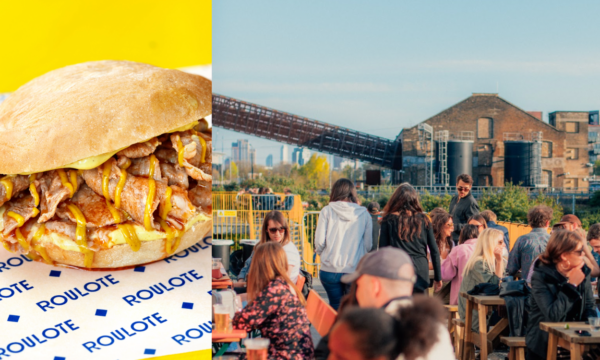














Facebook
Twitter
Instagram
YouTube
RSS